Cheetah Companion

Dubai’s elite don’t settle for ordinary house cats—they want the fastest land animal on Earth lounging on their marble floors and rich outdoor green yard. Pet cheetahs, with their sleek coats and piercing eyes, have become the ultimate status symbol in the city’s high-end social circles. These big cats, often acquired through questionable channels, are paraded around like living luxury accessories, their wild instincts dulled by captivity. Experts warn that despite their docile appearance in lavish Instagram posts, cheetahs remain unpredictable predators at heart, their needs far beyond what even the wealthiest owner can provide.
The trend has sparked outrage among conservationists, who point out that the demand for exotic pets fuels illegal wildlife trafficking. Many of these cheetahs are taken from the wild as cubs, disrupting ecosystems and often dying prematurely due to improper care. Yet in Dubai’s glitzy world, the allure of owning something so magnificently untamed continues to override ethical concerns. Behind the gold leashes and diamond-studded collars lies a sad truth: these creatures belong to the savanna, not penthouse terraces.
White Lion Royalty
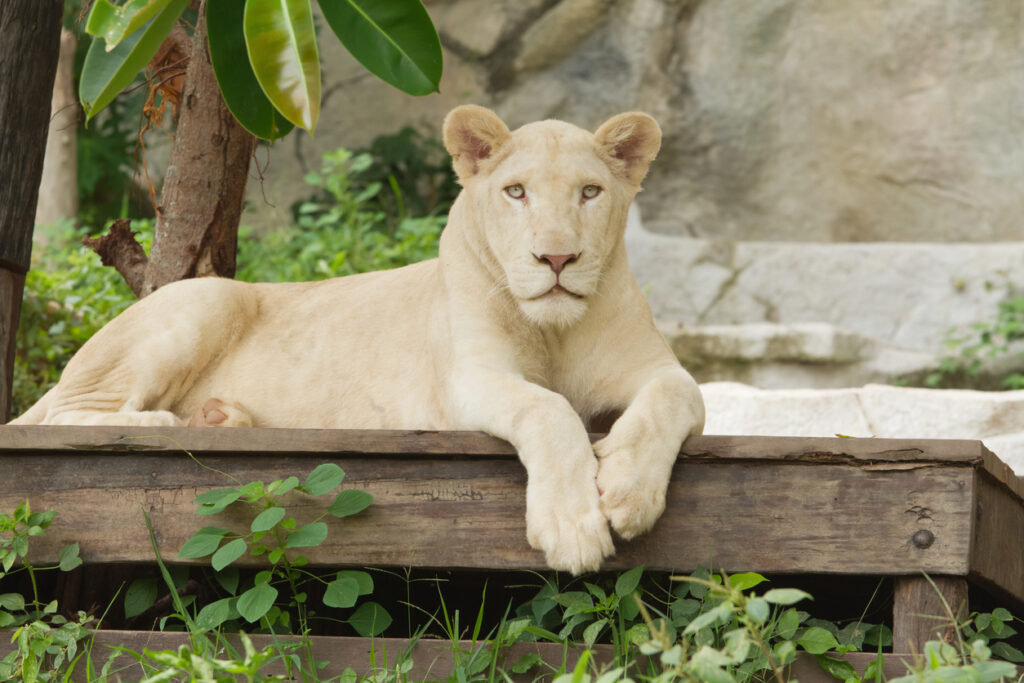
Gold-plated food bowls, custom-made enclosures, and personal trainers—welcome to the life of a pet white lion in Dubai. These rare, almost mythical-looking big cats are prized for their snow-white coats, a genetic rarity that makes them even more desirable among collectors of the exotic. Their owners treat them like royalty, but no amount of pampering can mask the fact that these are wild animals forced into a domestic fantasy. Veterinarians stress that lions, regardless of color, require vast spaces and complex social structures that even the most luxurious Dubai villa cannot replicate.
The white lion trade is shrouded in controversy, with many animals believed to be sourced from unethical breeders or circuses. While their owners see them as majestic companions, animal behaviorists note signs of stress and depression in these confined giants. Their roars, meant to echo across the African plains, are reduced to muffled growls in soundproofed mansions—a haunting reminder of nature diminished.
Flamingo Flair
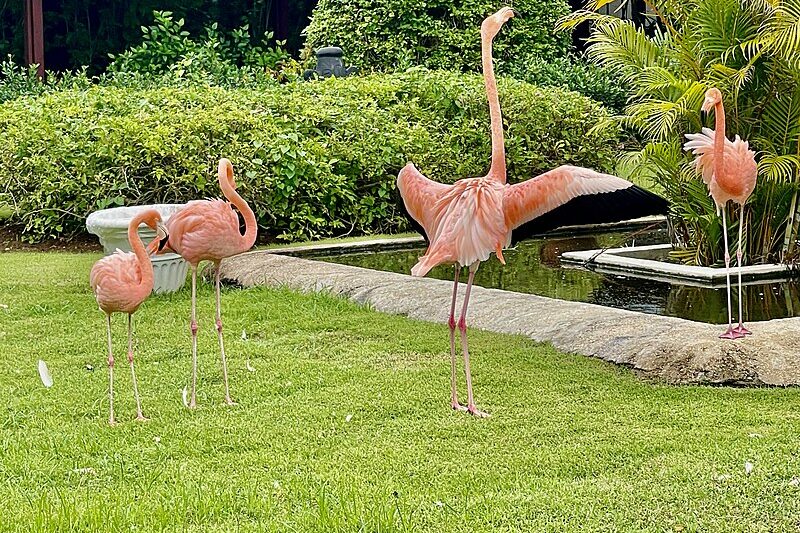
Imagine stepping into a Dubai garden party and finding pink flamingos wading in a crystal-clear pool, their feathers perfectly complementing the sunset. These elegant birds have become living decorations for the ultra-rich, their long legs and curved beaks adding a touch of surreal beauty to manicured estates. While flamingos are social creatures in the wild, their pet counterparts often lead isolated lives, far from the bustling colonies they naturally crave.
Experts explain that maintaining flamingos in captivity requires precise diets and water conditions to preserve their vibrant color—something many owners overlook. Without proper care, their pink hues fade, leaving them as ghostly versions of their wild selves. It’s a stark metaphor for how even the most stunning creatures lose their essence when kept as novelties.
Slow-Moving Sloth
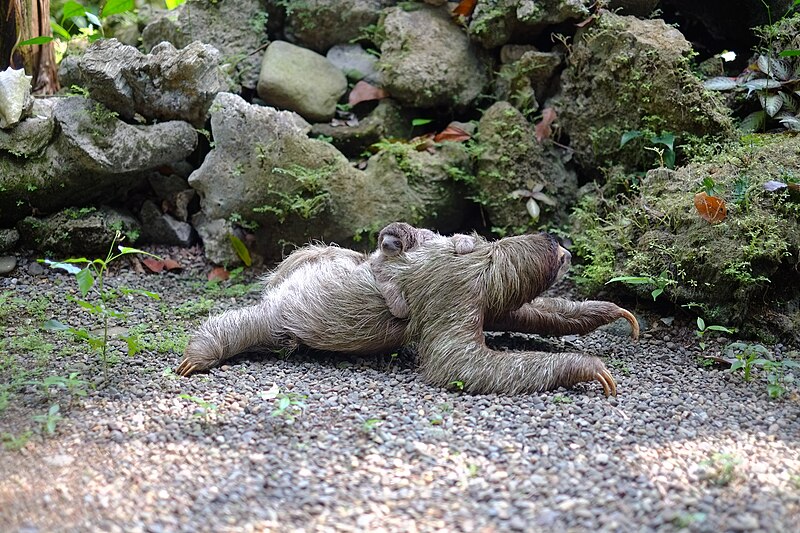
In a city that never slows down, the irony of keeping a sloth as a pet is almost poetic. These languid creatures, built for life in the treetops of rainforests, are now being shipped to Dubai as quirky companions for the wealthy. Their slow movements and seemingly permanent smiles make them Instagram darlings, but behind the cute facade lies a grim reality. Sloths have highly specialized diets and stress easily, often dying prematurely in captivity due to improper care.
Biologists emphasize that sloths are not pets—they’re fragile animals with needs that can’t be met in a luxury apartment. Their entire existence revolves around a delicate balance of humidity, foliage, and solitude, all of which are nearly impossible to replicate outside their natural habitat. Yet, the demand for these “living stuffed animals” continues, proving that in Dubai, even the most unlikely creatures can become status symbols.
Pocket-Sized Monkey
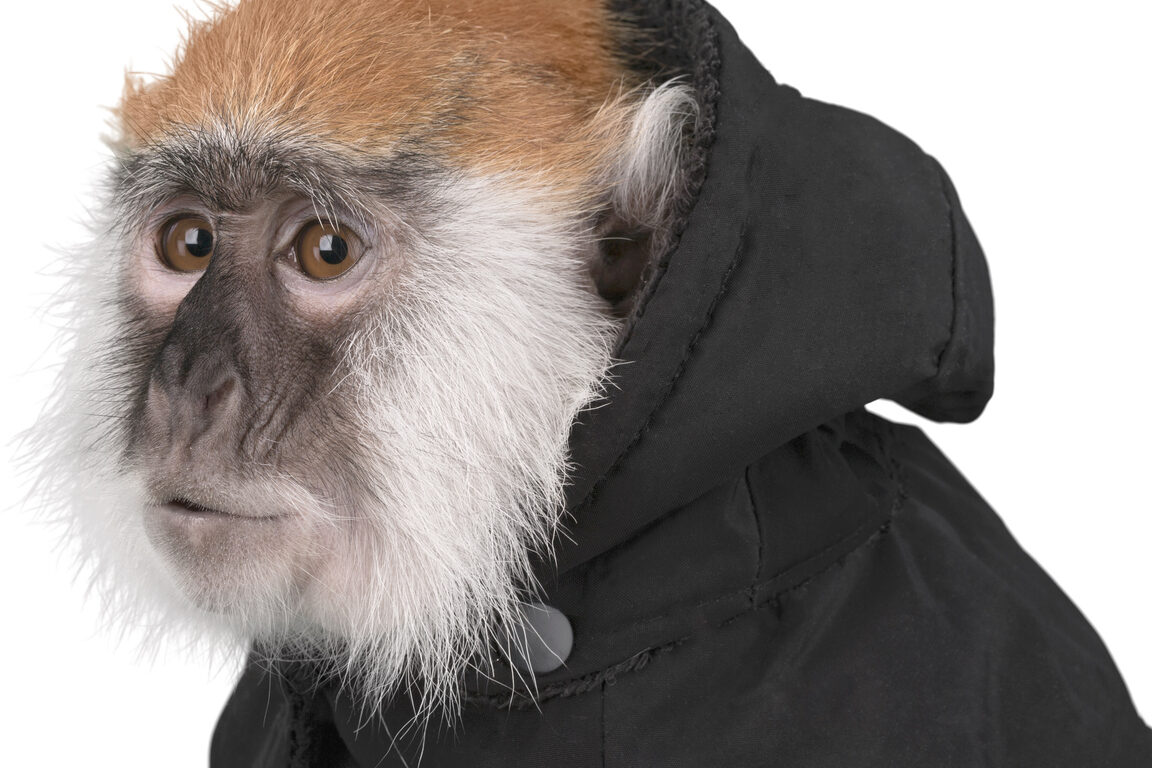
Tiny, wide-eyed monkeys dressed in designer outfits have become the latest must-have accessory for Dubai’s elite. Species like marmosets and capuchins are carried in custom Louis Vuitton carriers, their small size belying the enormous ethical issues they represent. These primates are highly intelligent, social animals that suffer immensely when separated from their troops and forced into human environments.
Primatologists warn that keeping monkeys as pets leads to severe psychological distress, often manifesting in self-harm or aggression as they mature. Despite their adorable infancy, these animals grow into strong, unpredictable adults—something many owners aren’t prepared for. The trend reflects a disturbing disconnect: the desire to nurture something cute, without regard for the lifelong needs of a wild animal.
Talking Parrot Phenomenon
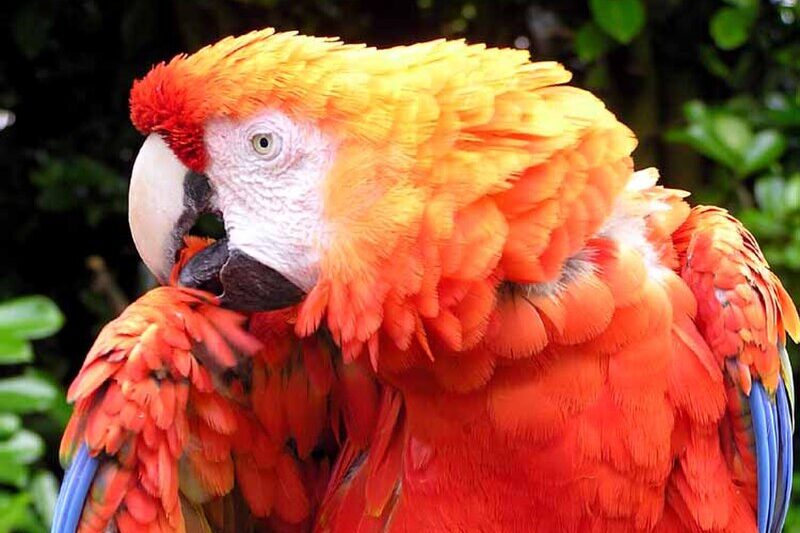
In a city where skyscrapers scrape the sky, some residents prefer their pets to reach similar heights—literally. Giant parrots like macaws and cockatoos are prized for their vibrant feathers and ability to mimic human speech, turning them into living, squawking centerpieces. But these birds, which can live for decades, often outlast their owners’ interest, ending up confined to cages or passed between homes.
Avian experts highlight that parrots are among the most emotionally complex pets, capable of forming deep bonds and suffering from severe loneliness. In the wild, they fly miles daily and live in loud, dynamic flocks—a far cry from the solitary perches of a Dubai penthouse. Their mimicry isn’t just a party trick; it’s a desperate attempt to connect in an environment that can never truly be their own.
Miniature Hedgehog Craze
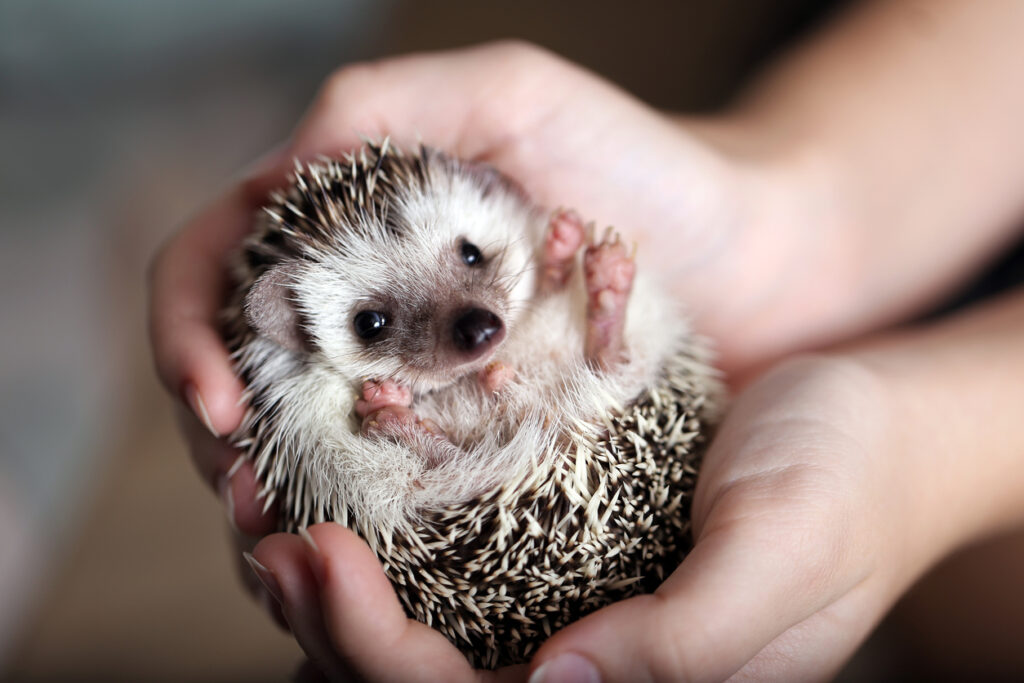
Spiky, tiny, and undeniably cute, hedgehogs have scuttled their way into Dubai’s pet scene as the latest exotic trend. Their compact size makes them seem like the perfect urban pet, but these nocturnal creatures are far from low-maintenance. Specialized diets, temperature-controlled environments, and minimal handling are crucial for their well-being requirements often ignored in the rush to own something unique.
Wildlife specialists note that hedgehogs are solitary, stress-prone animals that rarely thrive in bustling households. Their quills may be soft to the touch, but their needs are anything but simple. The trend reflects a broader issue: the desire to possess novelty, without fully understanding the life behind it.
Albino Python Glamour
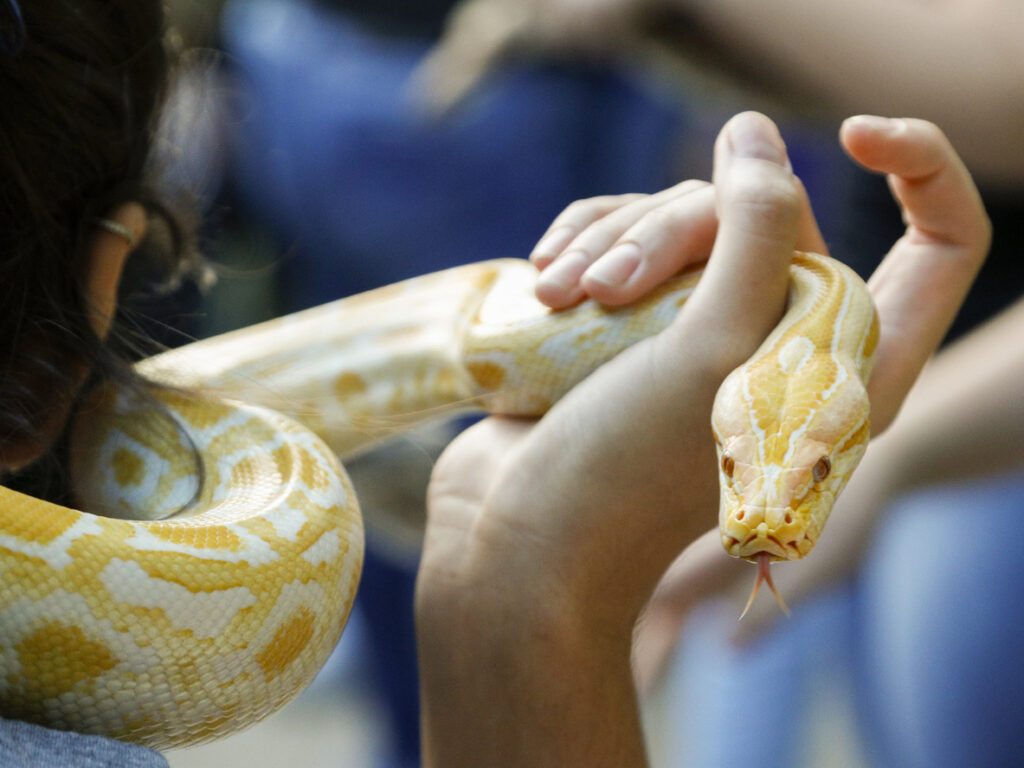
For those who find ordinary pets too mundane, Dubai’s elite have turned to snow-white pythons as the ultimate statement piece. These striking snakes, with their pale scales and piercing red eyes, are often displayed in glass enclosures like living art. But their beauty comes at a cost; albinos are more sensitive to light and prone to health issues, requiring expert care that few owners can provide.
Herpetologists stress that pythons, regardless of color, are not ornaments but predators with specific environmental needs. Many end up abandoned when they grow too large or lose their novelty appeal. In a city obsessed with the extraordinary, even snakes are reduced to temporary luxuries.
Fennec Fox Fad
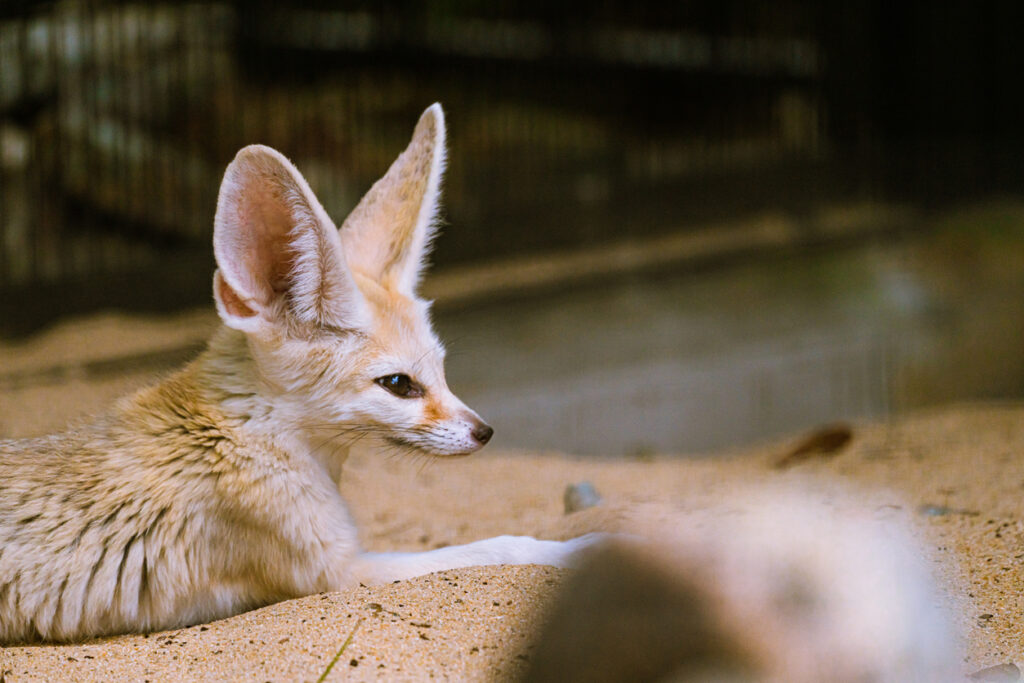
With ears larger than its face and a mischievous grin, the fennec fox has charmed its way into Dubai’s exotic pet market. These desert-dwelling creatures seem like a natural fit for the region, but their needs are wildly misunderstood. Fennecs are highly active, social animals that dig extensive burrows. A behavior impossible to replicate in a high-rise apartment.
Animal behaviorists point out that fennecs often develop anxiety and destructive habits in captivity, chewing furniture and escaping enclosures out of sheer frustration. Their cuteness masks a harsh truth: they’re wild animals, not designer pets. Yet, their popularity persists, proving that in Dubai, even the most adapted desert dweller isn’t safe from becoming a trend.
Sugar Glider Backlash
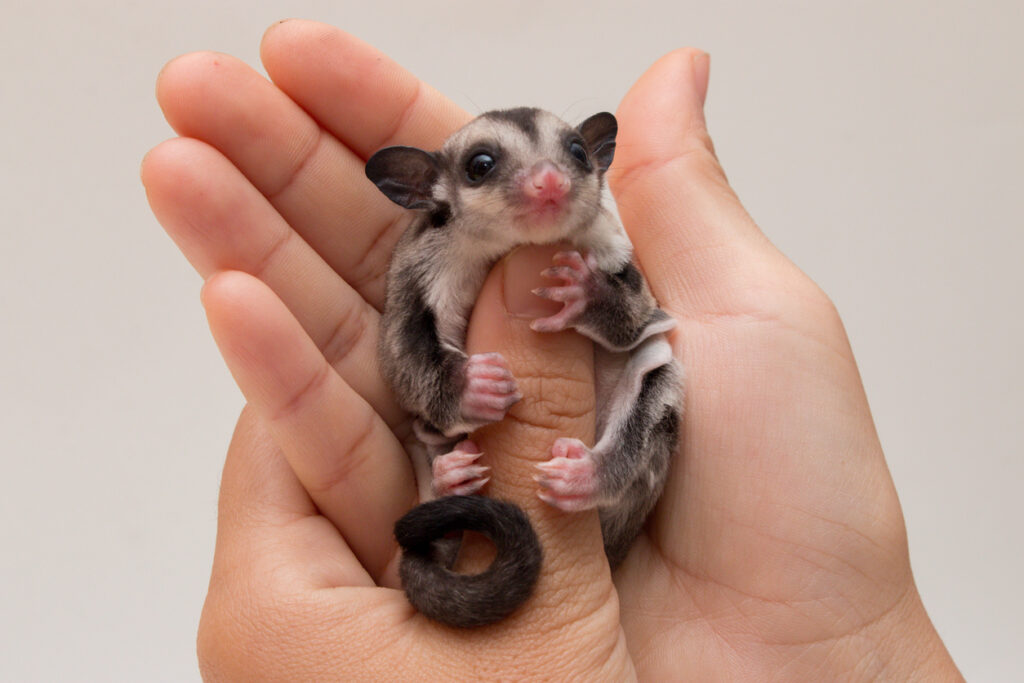
Tiny, wide-eyed, and capable of gliding across rooms, sugar gliders have soared into Dubai’s pet scene as the ultimate “pocket pet.” But these nocturnal marsupials, which cling to each other in tight-knit groups in the wild, suffer immensely when kept alone or in inadequate enclosures. Their social and dietary needs are so specific that even well-intentioned owners struggle to meet them.
Veterinarians report a surge in malnourished, depressed sugar gliders being surrendered to clinics after the novelty wears off. Their large, pleading eyes might suggest otherwise, but these are not pets for casual owners. The trend highlights a painful cycle: fascination, acquisition, and eventual abandonment when reality clashes with expectation.
Hybrid Wolf-Dog Dilemma
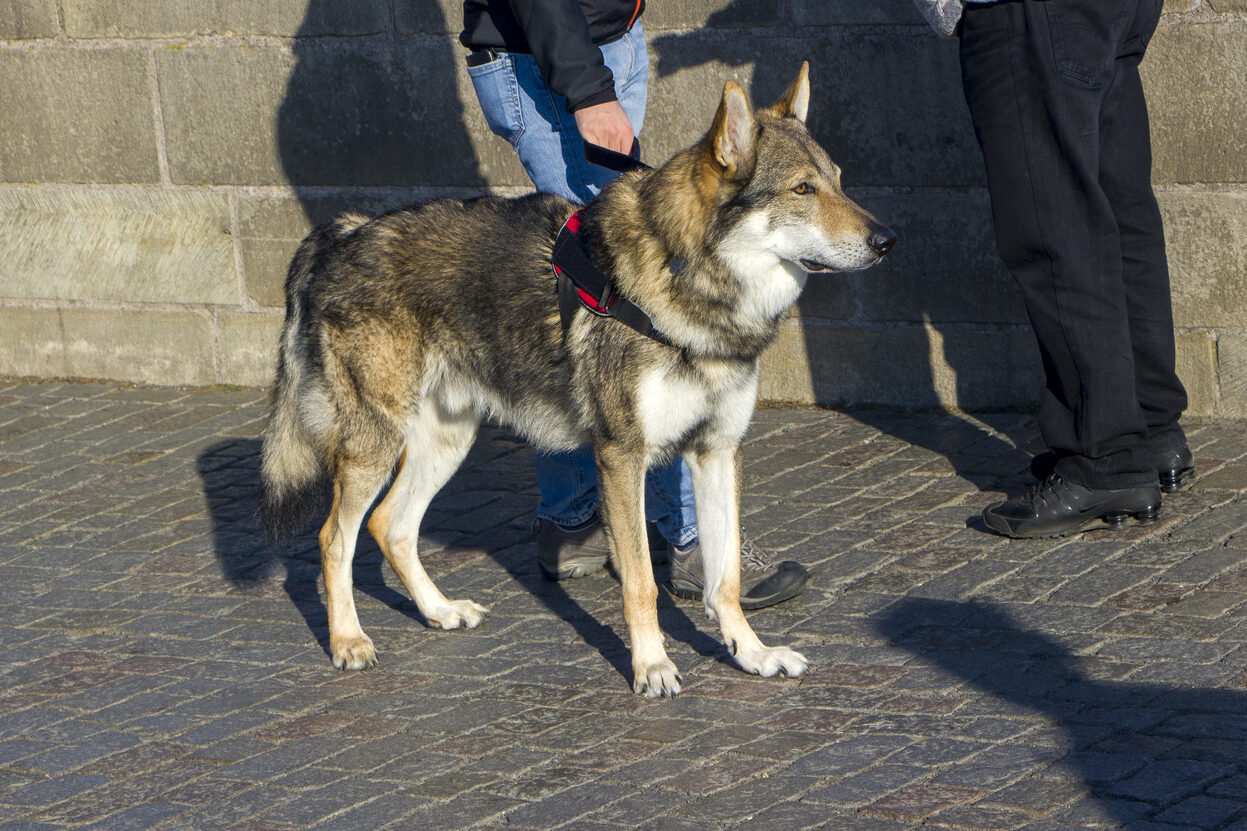
For those who want a pet that blurs the line between domestic and wild, wolf-dog hybrids have become the ultimate flex. These striking animals, with their piercing eyes and untamed demeanor, are often bred to satisfy demand for the “exotic.” But their unpredictable temperaments and complex needs make them ill-suited for city life, leading to frequent escapes or aggression incidents.
Canine experts warn that wolf-dogs retain strong predatory instincts and require vast, secure spaces—something even Dubai’s sprawling villas can’t provide. Many end up in shelters or euthanized when owners realize they can’t handle a part-wild pet. The trend reveals a darker side of Dubai’s exotic pet culture: the pursuit of prestige at any cost, even if the animal pays the price.
Kinkajou Conundrum
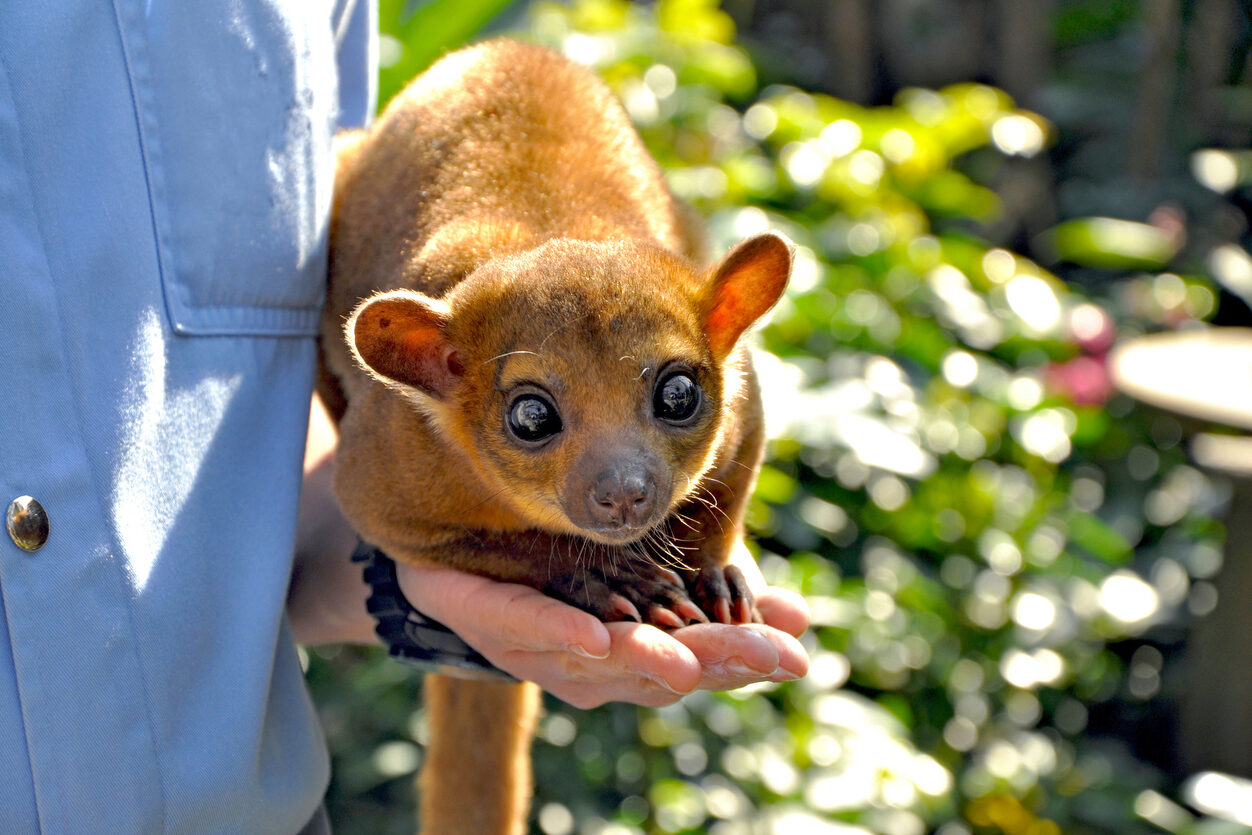
With their teddy bear faces and prehensile tails, kinkajous are the latest “must-have” exotic pet in Dubai’s elite circles. These rainforest mammals, often called “honey bears,” are nocturnal, arboreal, and highly social. traits that make them disastrous pets for the uninitiated. Their sharp teeth and unpredictable moods have left many owners with painful surprises.
Wildlife rehabilitators report an influx of kinkajous surrendered when they become too aggressive or destructive for homes. These animals, meant to spend their nights foraging in dense canopies, instead pace cages in frustration. It’s a sobering endnote to Dubai’s exotic pet obsession: no matter how rare or beautiful, wild creatures rarely thrive in gilded cages. And perhaps, neither should our desire to own them.


